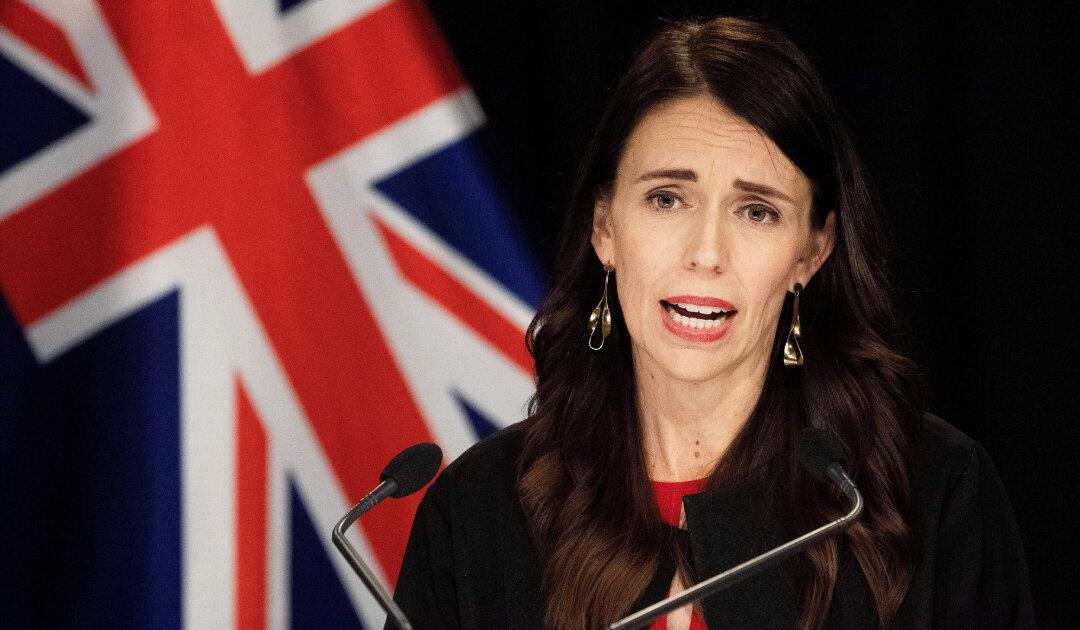New Zealand Prime Minister Jacinda Ardern has denied accusations that her government has been soft on crime, saying that increased funding for the police had seen an increase in prosecutions.
It comes after a 34-year-old worker, Janak Patel, of a local dairy store, otherwise known as a convenience store, was stabbed in an aggravated robbery in Auckland on Nov. 23.





